
RIVER CURRENT
Your source for the latest news, updates, & events.
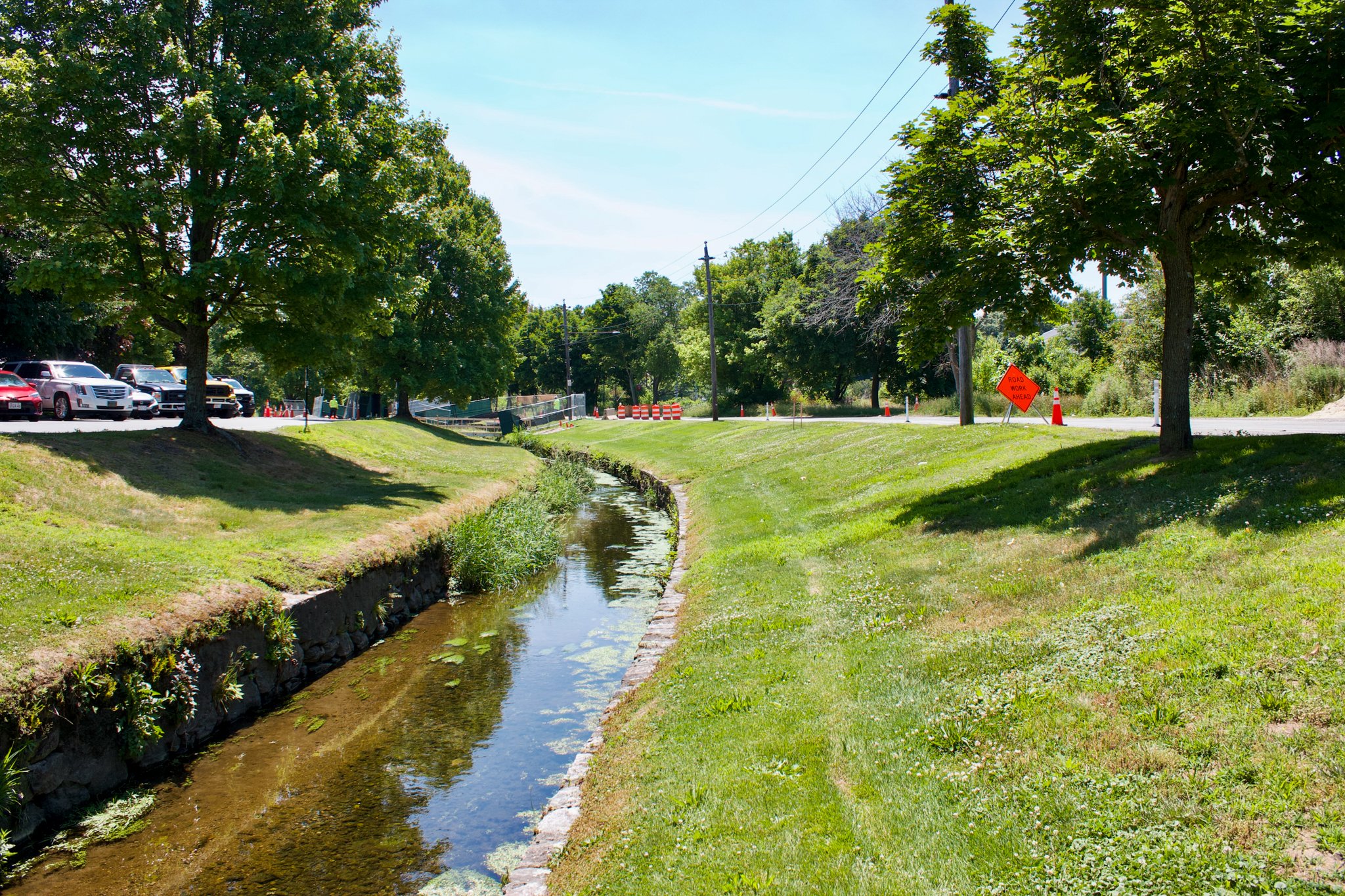
Looking forward to big changes for Cheesecake Brook!
Last week, CRWA Senior Stormwater Program Manager Max Rome met with staff from the City of Newton, Weston & Sampson, and R.A.D. Sports for a pre-construction meeting on improvements to Albemarle field and along Cheesecake Brook. He has exciting news about what to expect in the coming year:
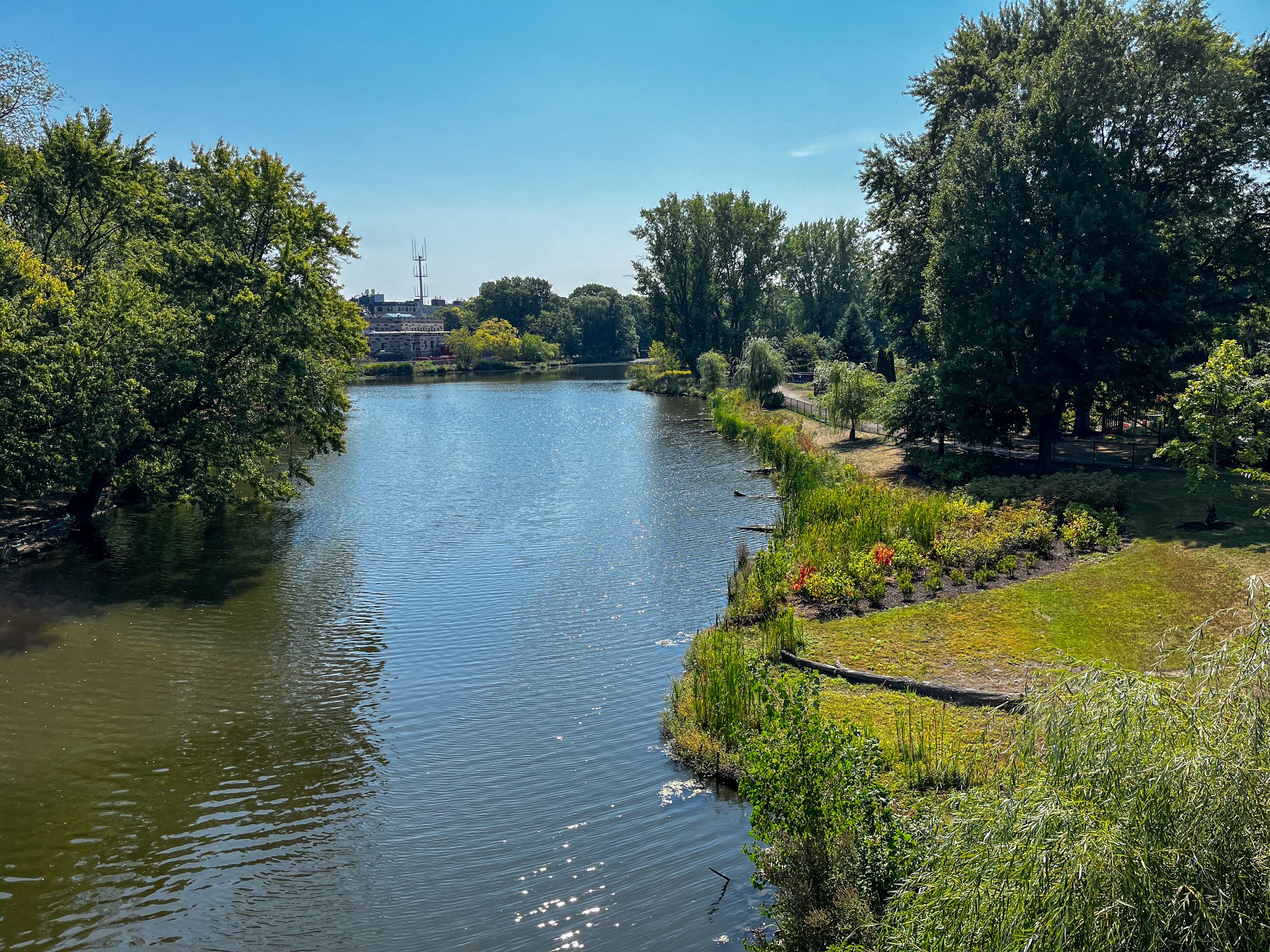
Muddy River: The Heart of Fenway Webinars — Key Takeaways
In collaboration with the Emerald Necklace Conservancy (ENC) and the Consensus Building Institute (CBI), CRWA hosted two fall webinars about the iconic Muddy River.
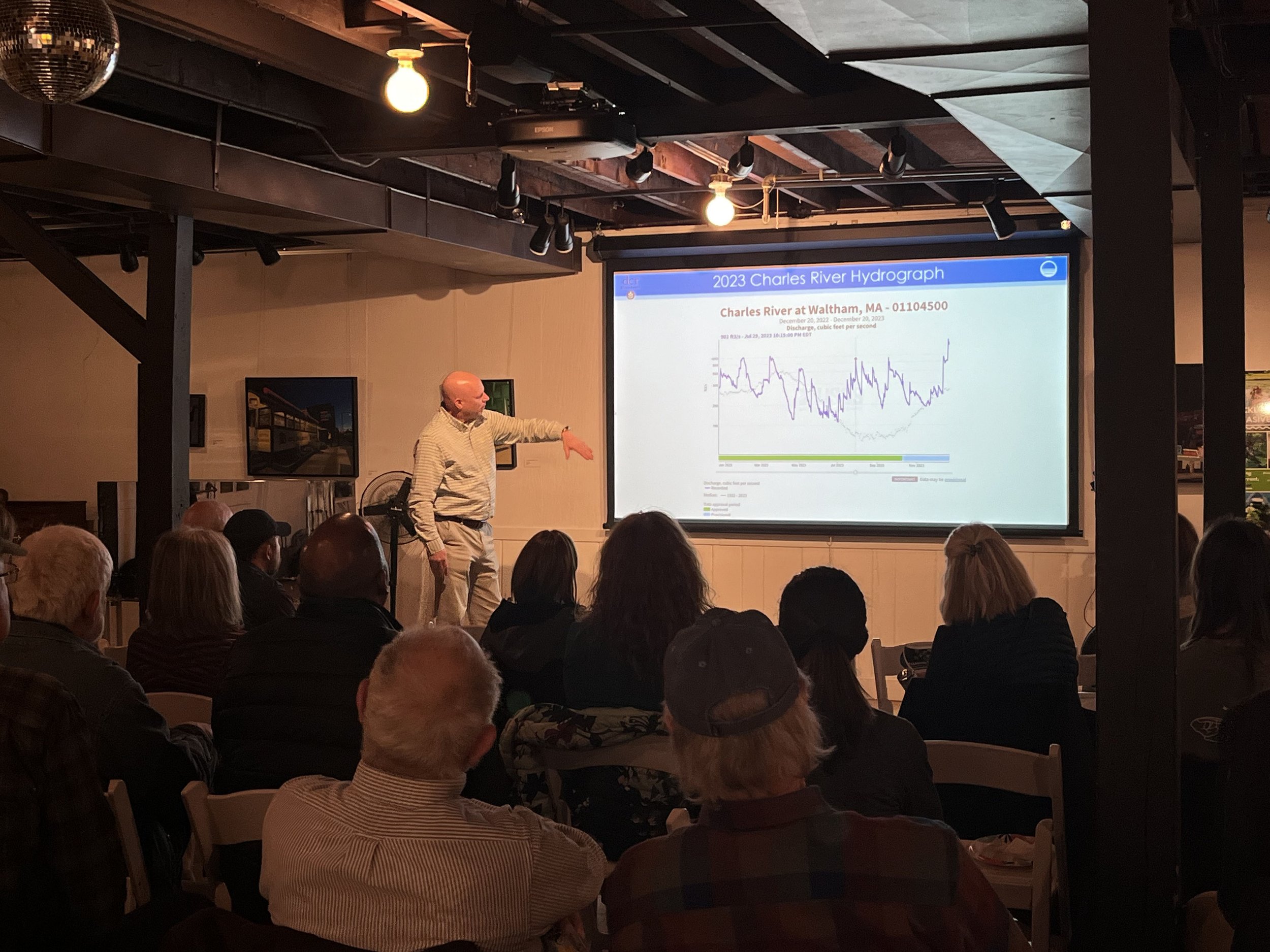
Invasives Removal Community Update
CRWA co-hosts the second-annual invasives species community update at the Cambridge Boat House!

CRWA Applauds Healey-Driscoll Administration for $5.6 Million for Defunct Dam Removal–Including $250K for Natick!
Charles River Watershed Association applauds the Healey-Driscoll Administration for expediting $5.6 million in state funding to protect communities from the hazards of catastrophic dam failure. This includes $250K for the Town of Natick to advance the removal of the Charles River Dam in South Natick.
Aquatic Invasives Treatment is Underway!
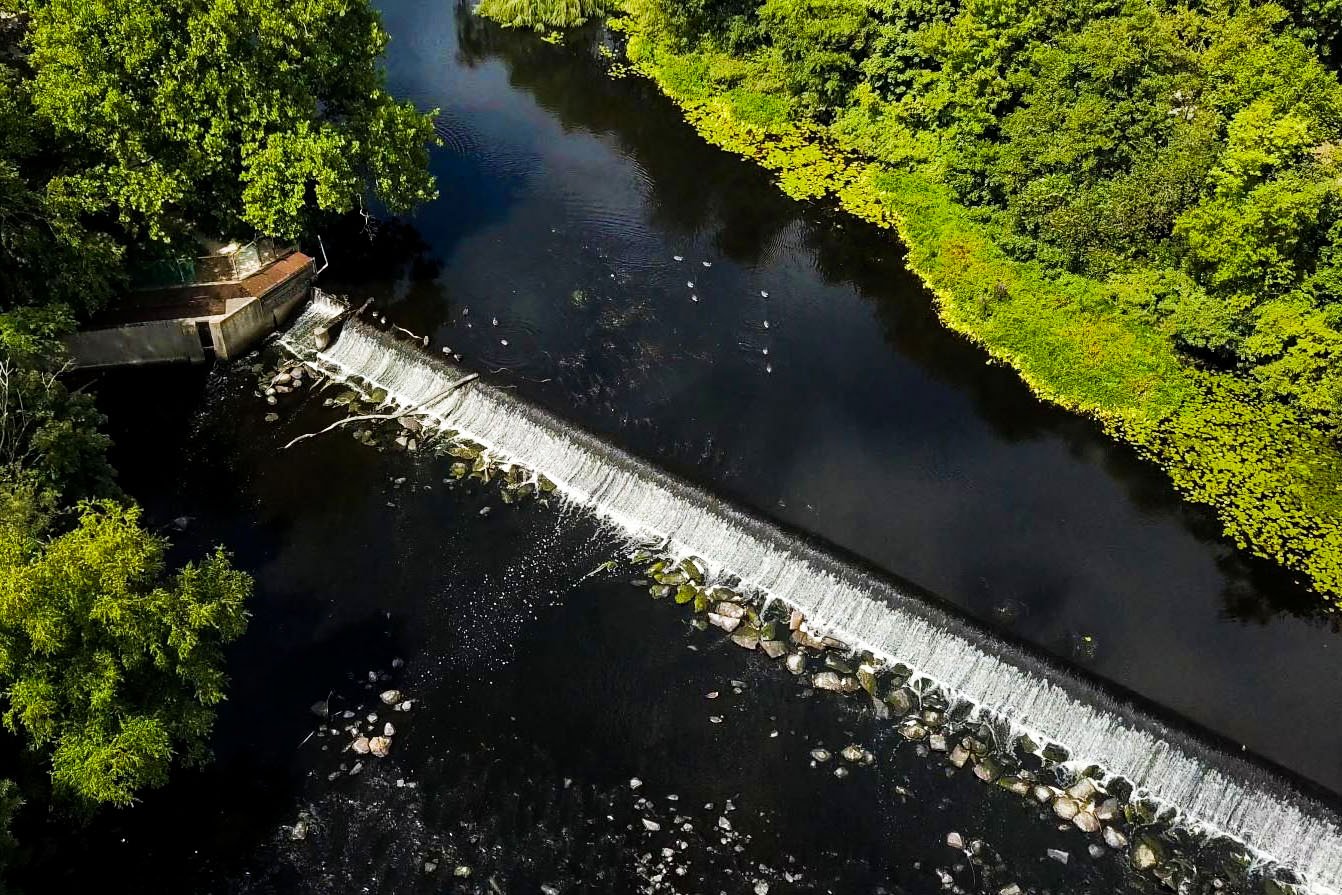
American Rivers Calls for Dam Removal!
National organization American Rivers has joined with Charles River Watershed Association and fifteen other state and local partners to call for the swift removal of Watertown Dam to restore the river.

Dams & Migratory Fish
Thank you to all who attended our webinar about dam removal & river restoration in the Charles River watershed! In case you missed it, watch the full recording.

All About Daylighting & Restoring Streams
Thank you to all who attended our webinar about stream restoration in the Charles River watershed!
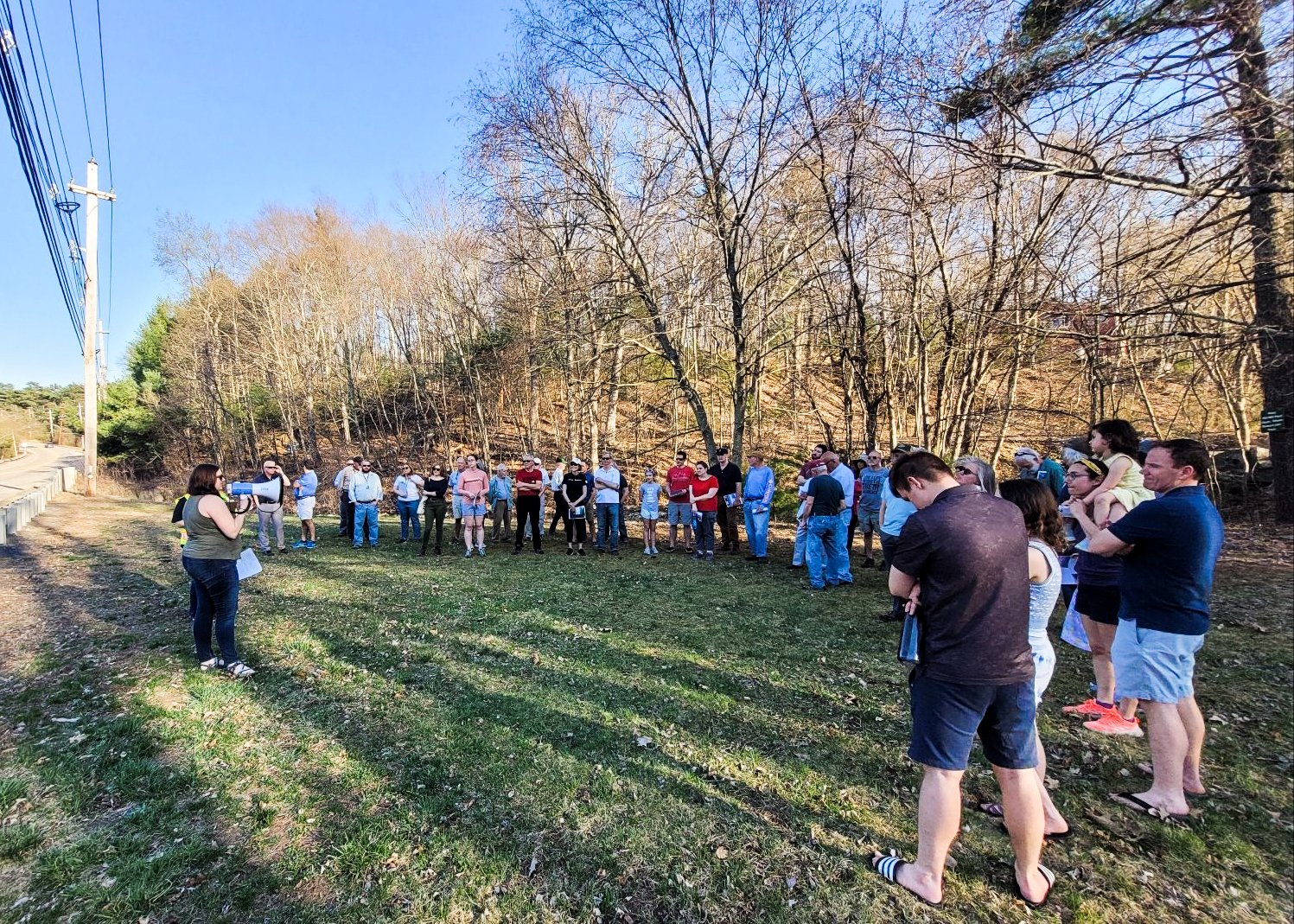
Connecting with Community at Wrentham’s Eagle Dam
What a fantastic turnout at our Eagle Dam site walk in Wrentham!

CRWA Accelerates Work to Restore the Charles River
Charles River Watershed Association is pleased to announce the organization will accelerate its work to restore the Charles River watershed, thanks in part to a recent $1M anonymous grant.

Dam Removal Moment
More Support for Dam Removal! Read letters from Watertown City Council, Watertown Con. Com, Waltham Con. Com., Weston Con. Com, and Dedham Sustainibility Committee!

Consider the Culverts
Planting trees, conserving water, transitioning to renewable energy…and culverts? When we talk about climate solutions, culverts are rarely at the top of anyone's list.
As Governor Baker put it, culverts "are not sexy" and "don't generate a heck of a lot of votes.”
But, these little-known, often overlooked features of our built environment can actually play a huge role in our watershed’s resilience to climate change.
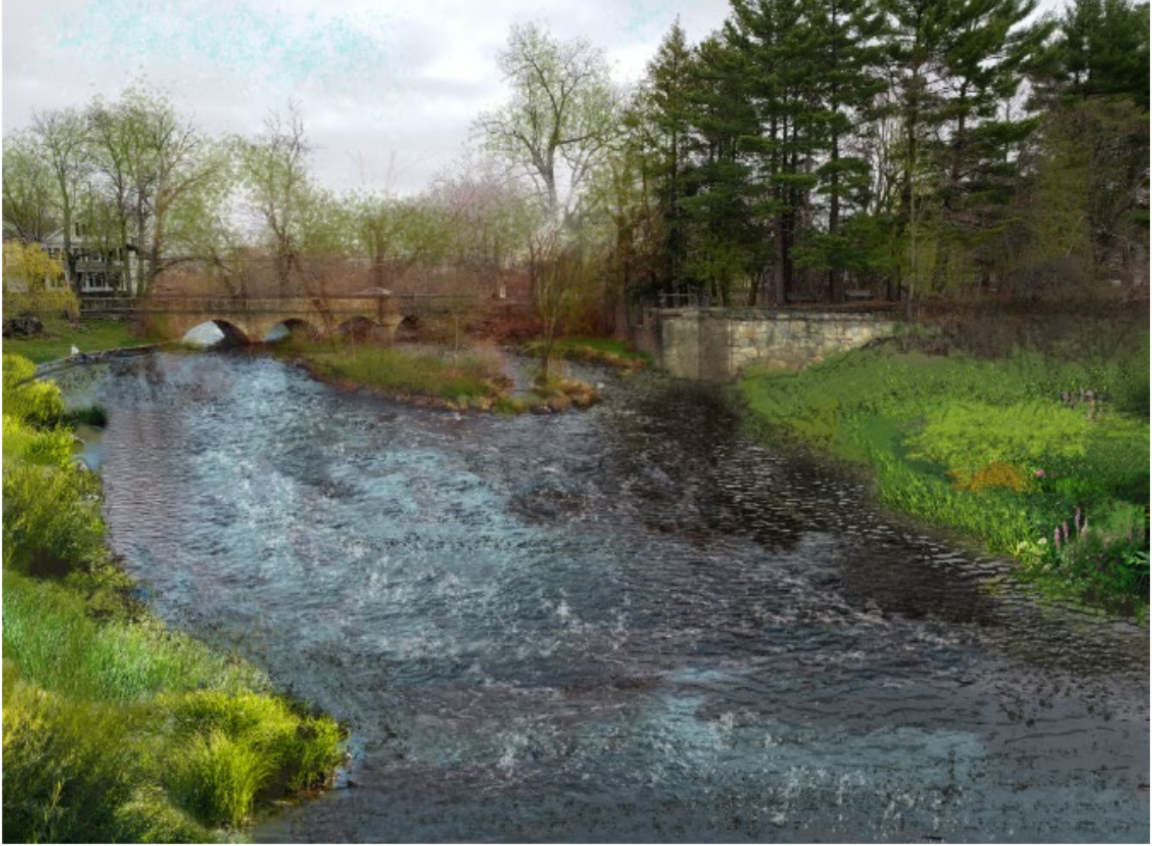
Natick Select Board Votes for Dam Removal & River Restoration!
We are so pleased to report that Natick Select Board voted 4-1 in favor of dam removal and restoration of a free-flowing Charles River for future generations.
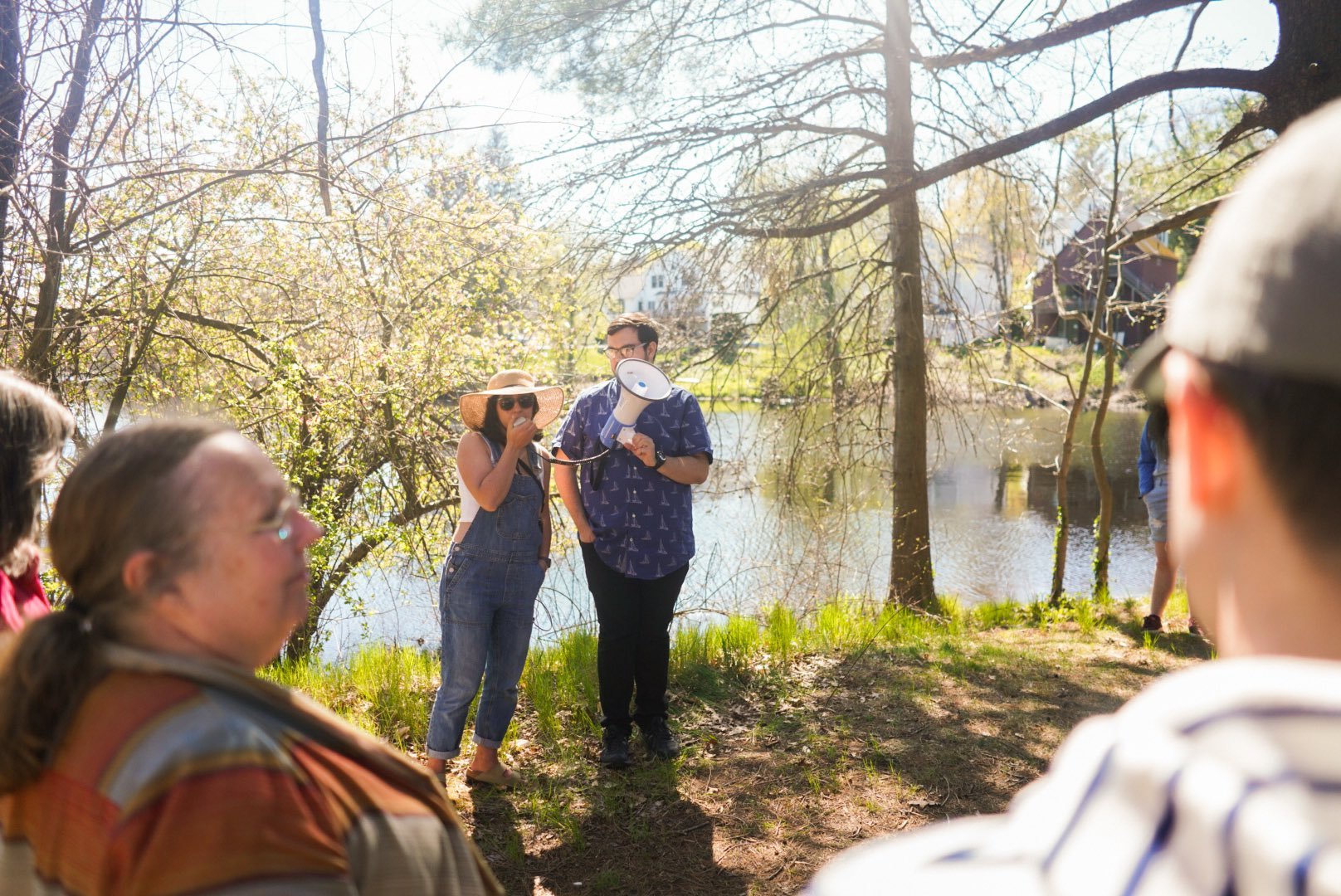
One Step Closer to a Free-Flowing Charles in Natick
Another win in Natick! The Charles River Dam Advisory Committee voted 16-2 in favor of spillway removal and restoration of the river.

Water Chestnut Success!
Thanks to the hard work of over one hundred dedicated volunteers, we removed a whopping 7000 pounds (and counting) of invasive water chestnuts from the Lakes District of the Charles River! That’s twenty-five cubic yards.
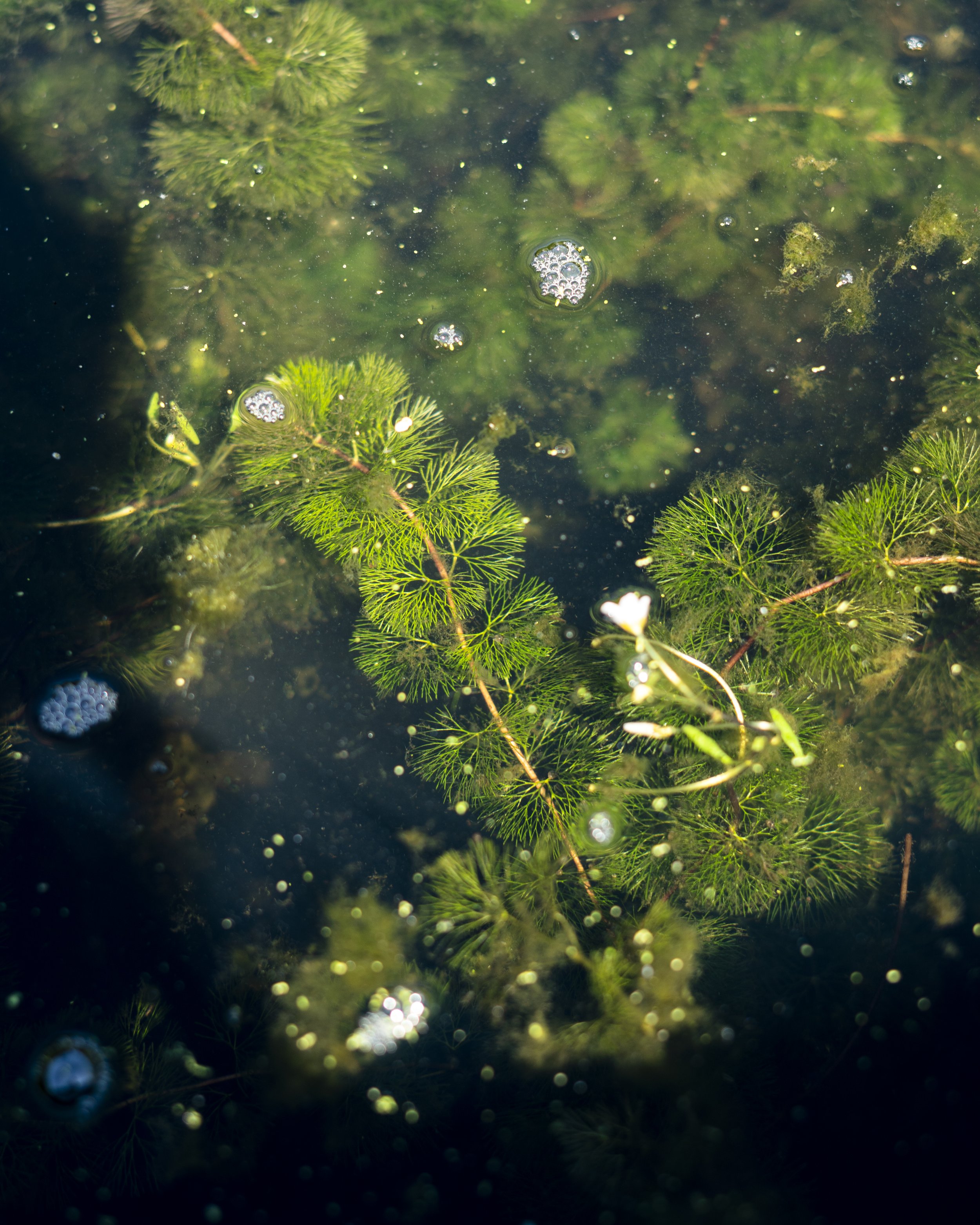
Clearing the Current– Tackling Invasive Aquatic Plants
Attention all boaters! Low-dose herbicide treatment for aquatic invasive species began TODAY, Thursday, August 18th at 9 AM in the Lower Basin (from Watertown to the Harbor) and Lakes District (Newton to Waltham).

$2M for Invasive Species Removal in the Charles River
Thanks to leadership from Rep. Kay Khan (Newton), the economic development bill, An Act relating to economic growth and relief for the Commonwealth (H.5007), currently moving through the legislature would provide $2 Million for invasive species management in the Charles River.
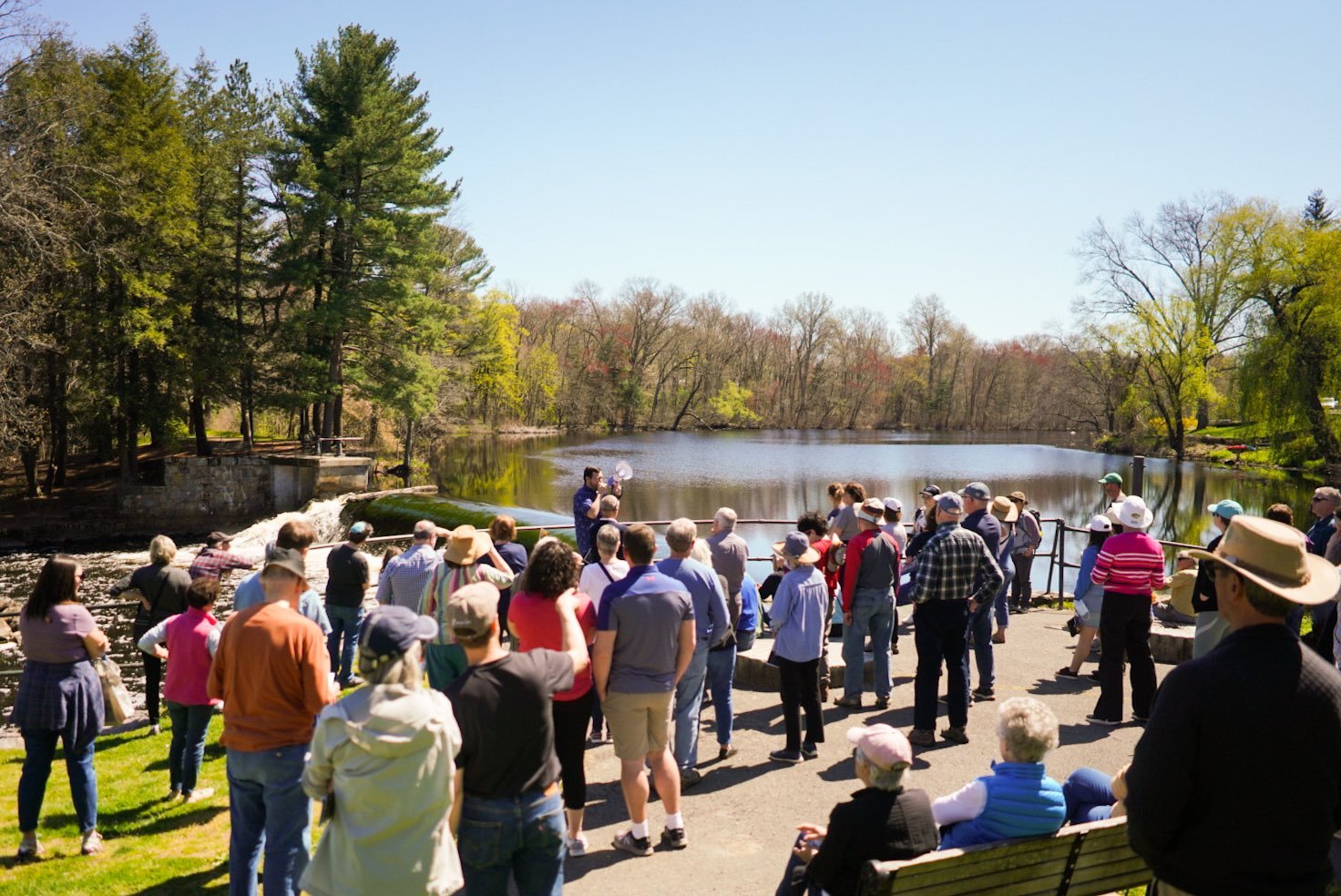
Natick Dam Removal Update
Natick's Charles River Dam Advisory Committee is deciding on the future of the Charles River Dam in South Natick. At a July 19 meeting, Committee members expressed strong support in favor of dam removal and river restoration.

These fish are critical to New England, and they're disappearing
"A dam in a river is like a blocked artery; it's like a heart attack," said Robert Kearns, a climate resiliency specialist at the Charles River Watershed Association. "It degrades the water quality behind it; reduces the dissolved oxygen which fish rely on to breathe and to live ... and creates a habitat that's better for invasive species."

